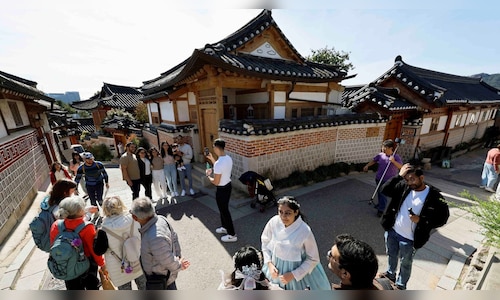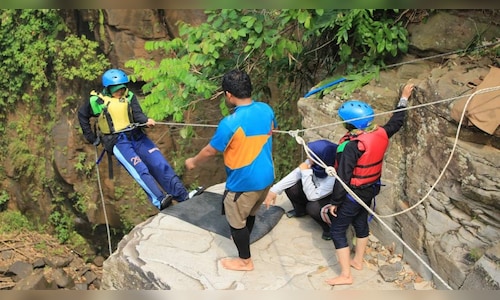The move is part of broader efforts to revitalise tourism ahead of South Korea’s hosting of the Asia-Pacific Economic Cooperation (APEC) summit in late October. The decision, first hinted at in March, follows China’s unilateral offer last November to exempt South Korean citizens and other foreign nationals from visa requirements.
Officials said the timing of the announcement—just ahead of China’s National Day holiday in early October—is expected to attract a wave of Chinese visitors, contributing to economic recovery through increased spending on travel, hospitality, and retail.
Also read | 7 most expensive luxury destinations in the world: Would you plan a trip here with friends?
“This measure is intended to stimulate foreign visits and bolster the domestic tourism sector,” said the Ministry of Culture, Sports and Tourism, following a high-level meeting to discuss preparations for the APEC summit, according to Reuters.
The summit, scheduled for October 31 to November 1 in the historic city of Gyeongju, will bring together leaders from 21 member economies. Expectations are high that Chinese President Xi Jinping and US President Donald Trump may hold bilateral discussions on the sidelines.
The visa exemption comes amid hopes for improved diplomatic relations between Seoul and Beijing under South Korea’s newly elected liberal President, Lee Jae Myung.
The announcement had an immediate impact on South Korea’s stock market, particularly among tourism-related companies. Shares of Hyundai Department Store surged by 7.1%, while Hotel Shilla rose 4.8%. Casino operator Paradise saw a 2.9% increase, and beauty product firm Hankook Cosmetics jumped 9.9%, reflecting investor optimism over a potential rise in Chinese consumer demand.
Also read | New Zealand will charge foreign visitors $24 at popular tourist sites to boost economy
Industry analysts say the temporary visa waiver could provide a significant boost to local businesses that rely on inbound Chinese tourism, which had declined in recent years due to diplomatic tensions and pandemic-related restrictions.
(Edited by : Jerome Anthony)






